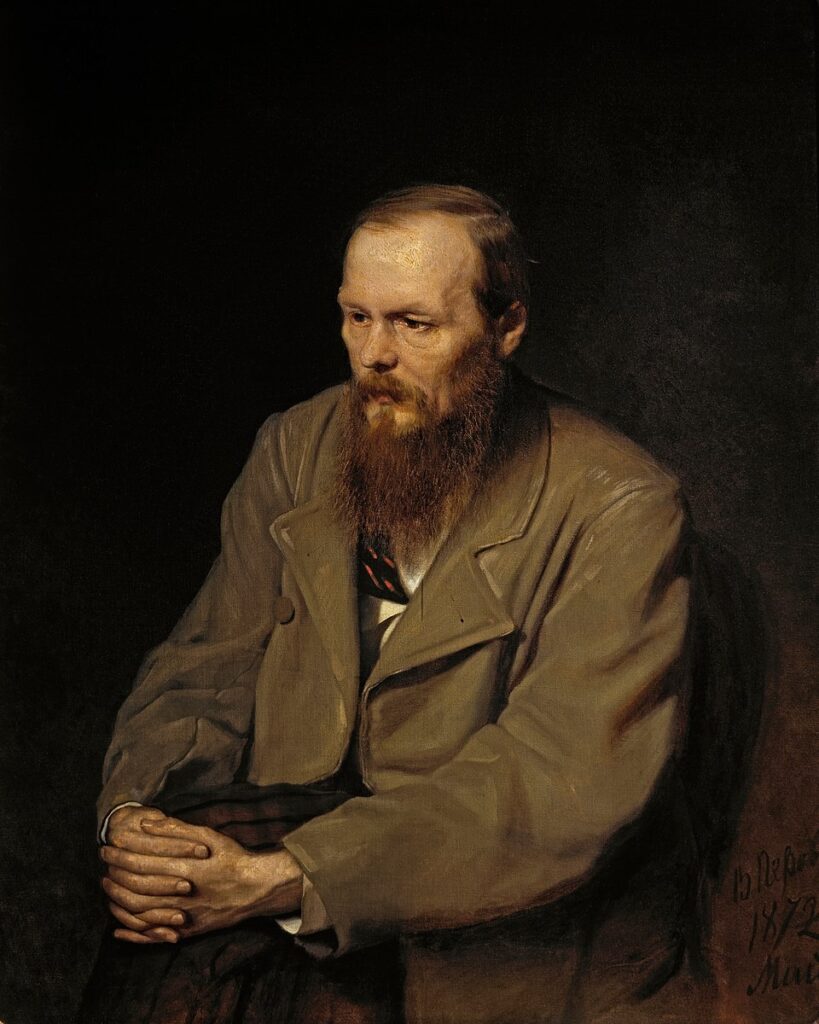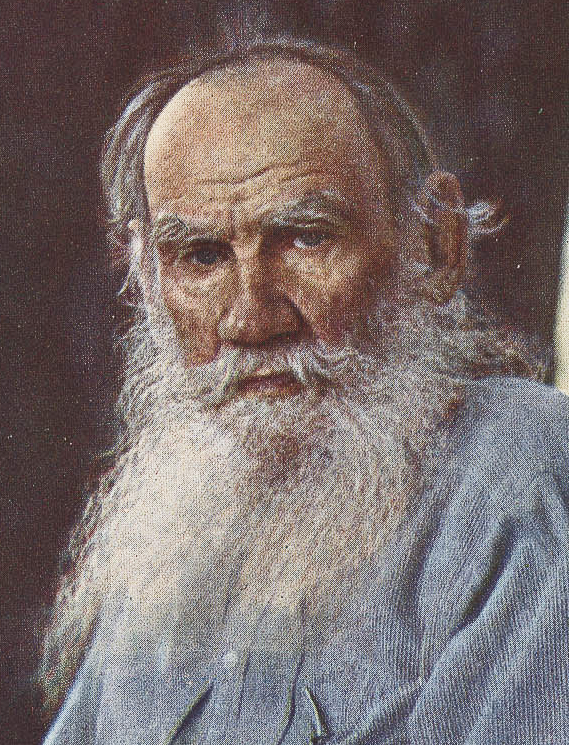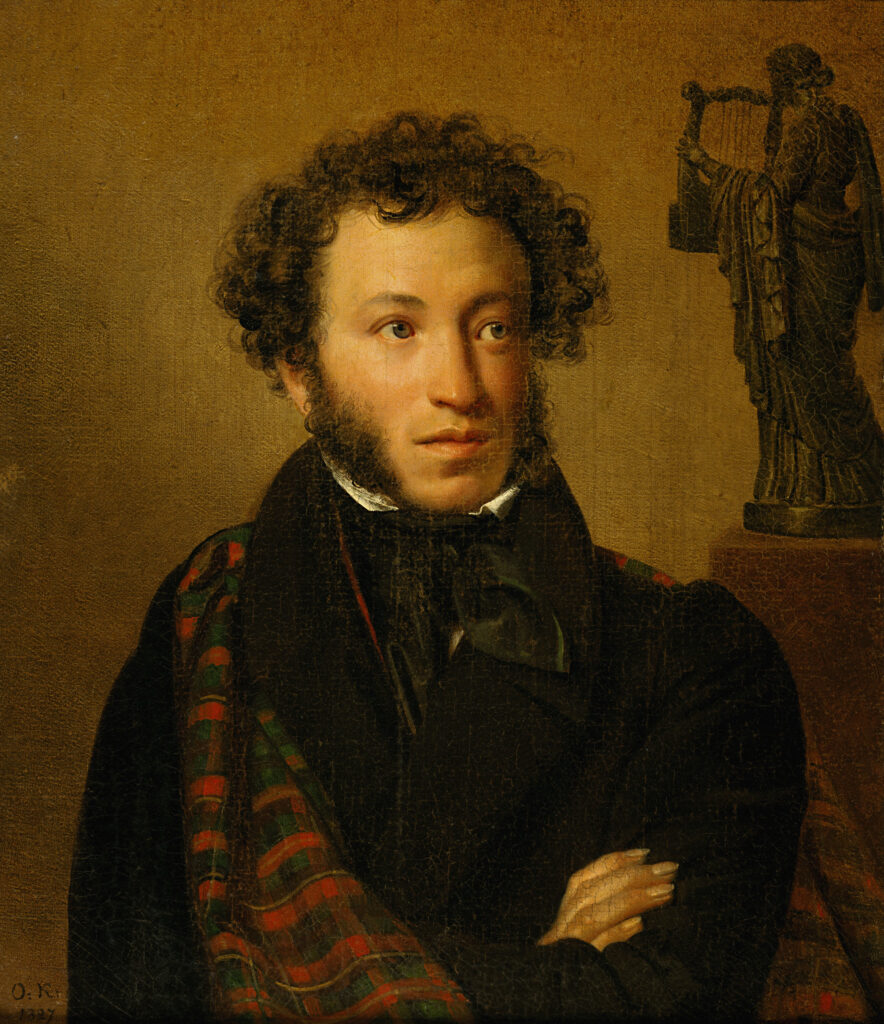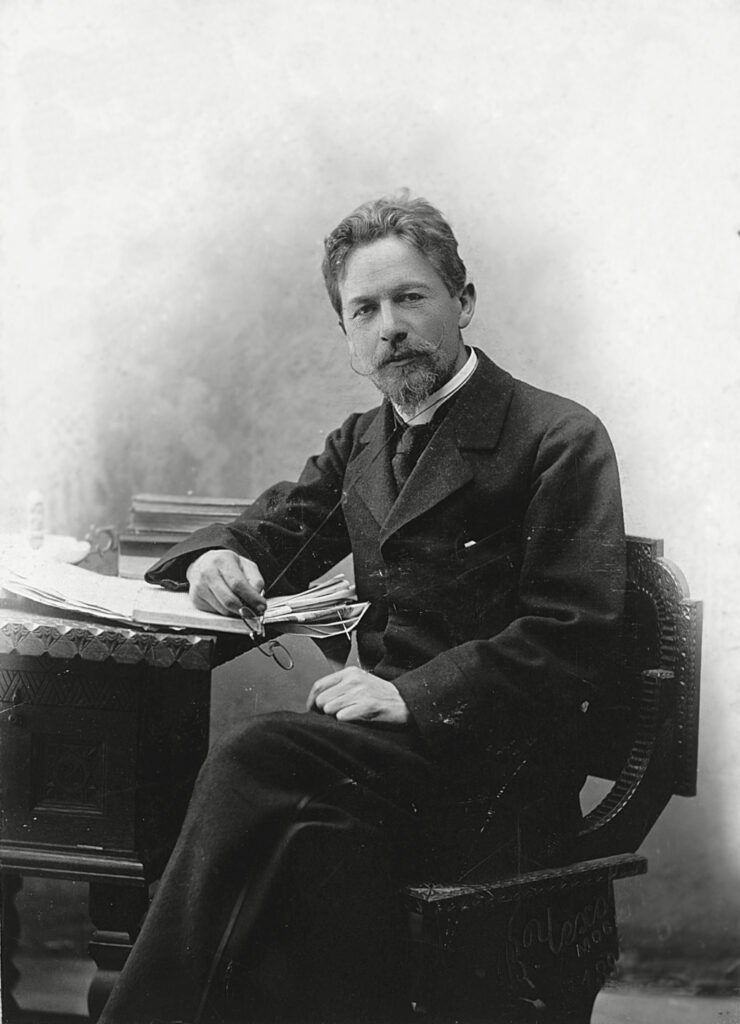
The clock ticks, slow as a heartbeat, in this dim cage of a room where I sit, papers strewn like fallen leaves, the air thick with the dust of forgotten hours. Outside, beyond the window’s smudged pane, the world hums—a dull, relentless hymn. But in my mind, I am elsewhere. I am walking the banks of the Neva, St. Petersburg’s pale sky stretching thin and endless above me, the white nights unfurling their sleepless glow. My soul, a small boat adrift, hungers for meaning, for beauty, for the ache of something true. And so, I turn to them—the Russian writers, those bruised and radiant voices who have traced the contours of despair and dreamt in ink. They are not mere names; they are lanterns in this twilight, and you, too, must read them—Dostoevsky, Tolstoy, Pushkin, Gogol, Chekhov—to cradle your own restless heart.
Fyodor Dostoevsky: A Dreamer in the Fevered Dark

I am there, you see—beneath the low arches of a Haymarket tenement, the air damp with river mist, the shadows long and trembling. In Crime and Punishment, I walk beside Raskolnikov, his axe still warm, his breath a ragged prayer. The streets are a labyrinth of guilt, each cobblestone a question: What am I? What have I done? His eyes, wild with terror and defiance, meet mine, and I falter. This is no tale spun for idle hours; it is a mirror, cracked and sharp, held to my own trembling soul. And in The Brothers Karamazov, the Grand Inquisitor’s voice rumbles like thunder over the steppe—freedom or bread, faith or dust? These must-read Russian novels linger, slow as the Neva’s current, heavy with the weight of being. I read, and the white nights grow brighter, sadder, mine.
Leo Tolstoy: The Vastness of a Single Breath

The chair creaks beneath me, a small sound swallowed by the room’s stillness, but my heart drifts—to a battlefield strewn with broken banners, to a ballroom where silk rustles like wind through mango trees. Leo Tolstoy unfurls War and Peace like a tapestry woven with earth and sky—Natasha’s laughter a thread of silver, Pierre’s quiet seeking a knot of clay. Time slows here, each page a season, each sentence a lifetime. And then, Anna Karenina—her name a sigh, her love a flame that consumes the dry grass of her days. I see her, radiant in the train’s shadow, and my own small sorrows bloom into something grand, tragic, eternal. Tolstoy, a giant among Russian writers, makes the mundane vast; he whispers that every life, even yours, is a saga beneath the stars.
Alexander Pushkin: A Song on the Edge of Silence

The light shifts, pale gold seeping through the blinds, and I am no longer here. I am strolling a garden path, the air sweet with lilac, Pushkin’s voice a melody on the breeze. Eugene Onegin unfolds in stanzas delicate as a spider’s web—Onegin, aloof and aching, a shadow of what might have been. The words dance, mournful and bright, and I feel them settle in my bones like the memory of a first rain. His tales—like The Queen of Spades—carry a shiver, a hint of cards scattered on a monsoon night, fate turning with a gambler’s grin. Pushkin, the poet-prince of famous Russian literature, offers beauty to hold against the dark. I read him, and the white nights hum with his song.
Nikolai Gogol: Laughter in the Dust
A pen rolls across the desk, a tiny clatter, and I smile—a crooked, fleeting thing. Gogol knows that smile. In Dead Souls, he leads me through villages baked by sun and sorrow, Chichikov bartering for ghosts, his greed a absurd as a peacock in a henhouse. The laughter rises, bitter and bright, a wind rattling the shutters of St. Petersburg’s crooked houses. And in The Overcoat, Akaky’s threadbare life unravels—his coat a fragile shield against the cold, the world a thief in the dusk. Gogol, a jester among must-read Russian authors, paints the absurd with a tender hand. I read, and my own small losses twist into something strange, alive, almost holy.
Anton Chekhov: The Whisper of Falling Leaves

The tea cools in its cup, steam curling like a sigh, and I stare at the rain tracing rivers on the glass. Chekhov understands. In The Lady with the Dog, two lovers meet by a sea gray as grief, their stolen moments fragile as petals on a flooded stream. In The Cherry Orchard, axes thud softly, and a family’s world slips away—each sound a heartbeat fading. His stories, quiet as the white nights, pierce with their stillness. Chekhov, a master of famous Russian literature, needs no thunder; he finds the eternal in a glance, a pause, a breath. I read him, and my own silences grow tender, vast.
Why These Voices Call to You
Why, in this blur of days—desk to door, screen to sleep—should you turn to these Russian writers? Because they see you. They know the ache beneath your ribs, the dreams that bloom and wither in the half-light. Dostoevsky’s fever, Tolstoy’s expanse, Pushkin’s grace, Gogol’s jest, Chekhov’s hush—they weave your smallness into something luminous, something that endures. Famous Russian literature is no escape; it is a deepening, a slow dance with the soul.
How to Step Into Their World
Take a breath. Open a page. If the night stretches long, begin with The Overcoat. If the sky presses close, try Eugene Onegin. If your heart beats wild, plunge into Crime and Punishment. These must-read Russian novels wait in libraries, bookstores, the quiet glow of a screen. Step slow; let them unfold.
The Endless White Nights of Russian Literature
These voices—Dostoevsky, Tolstoy, Pushkin, Gogol, Chekhov—sing through the centuries, their ink a river that carries me, carries you. In St. Petersburg’s endless twilight, they whisper of love, loss, the fragile thread of being. Read them, and the white nights will hold you, soft and eternal.
No responses yet